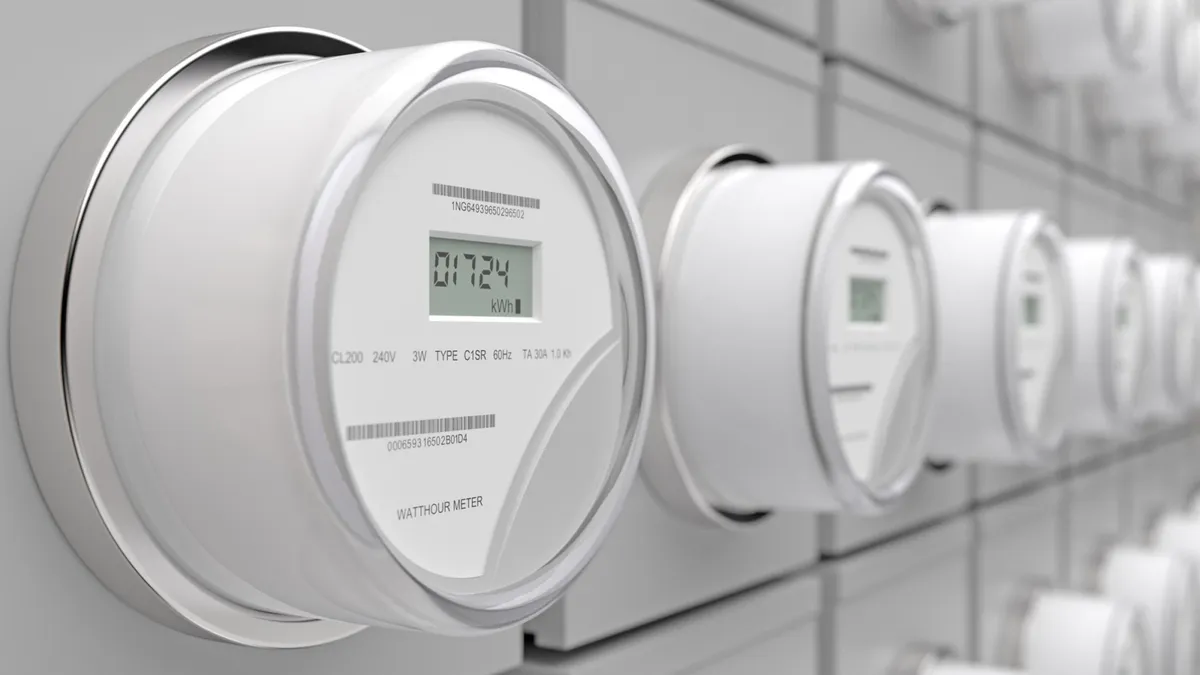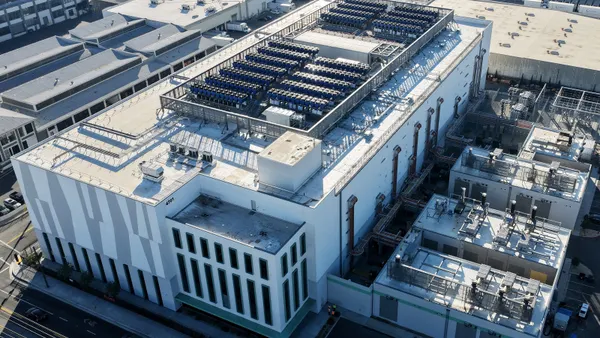Dive Brief:
-
The National Renewable Energy Laboratory will test the ability of real-time meter data to coordinate rapid energy restoration in remote communities in a $3 million partnership with Copper Labs, a Boulder, Colorado-based manufacturer of real-time meter data collection technology.
-
The partnership will first identify and define community needs. It will eventually see the creation of a plan to automate power restoration during outages and the development of a virtual emergency operations center. The location for the project has not yet been announced but will be in either Colorado or New Mexico, according to Copper Labs.
-
Real-time meter data will become increasingly important to utilities and customers as the percentage of solar and other renewable resources on the grid grows, Copper Labs CEO Dan Forman said, because it will help align demand with the availability of intermittent resources.
Dive Insight:
A new cooperative project funded by the Department of Energy is set to find out whether modern interventions could help remote communities get the lights back on more quickly after power outages.
NREL, Copper Labs and other partners will install and use sensors and advanced distribution management systems in a trial project to test whether the equipment can improve community resilience, according to Fei Ding, the project’s principal investigator from NREL. According to Copper Labs’, the company’s data-reading hardware will be installed at some 20 sites at an as-yet unannounced community in the Holy Cross Energy, Connexus or United Power service territories. The hardware will be used to provide greater behind-the-meter visibility, Ding said.
Copper Labs makes data collectors that can read gas, water and electric meters every 30 seconds. This gives electric utilities more immediate insight into who is experiencing a power outage, and what resources might be available to help restore power, Forman said.
“In outlying areas, the faster you can get them online, the better it is for health, safety and comfort,” he said.
As larger percentages of solar and other renewable resources dominate the grid, Forman said, access to real-time data will become more important for avoiding outages and maintaining reliability.
Real-time meter data could also help communities take greater advantage of demand-side management programs, he said. Case studies by the company have found that making real-time data available to customers results in greater customer engagement and has twice the impact on peak load as demand management programs that lacked a real-time data web portal.
Although the NREL project will focus on installing hardware at customers’ homes, Copper Labs also has a version of its device that can be attached to a fixed point such as a utility pole to read the meters from an entire neighborhood. The device can use cellular data, Ethernet or fiber connections. This eliminates the need for wi-fi, which is often a barrier to smart meter devices and programs in remote and rural communities, Forman said.












